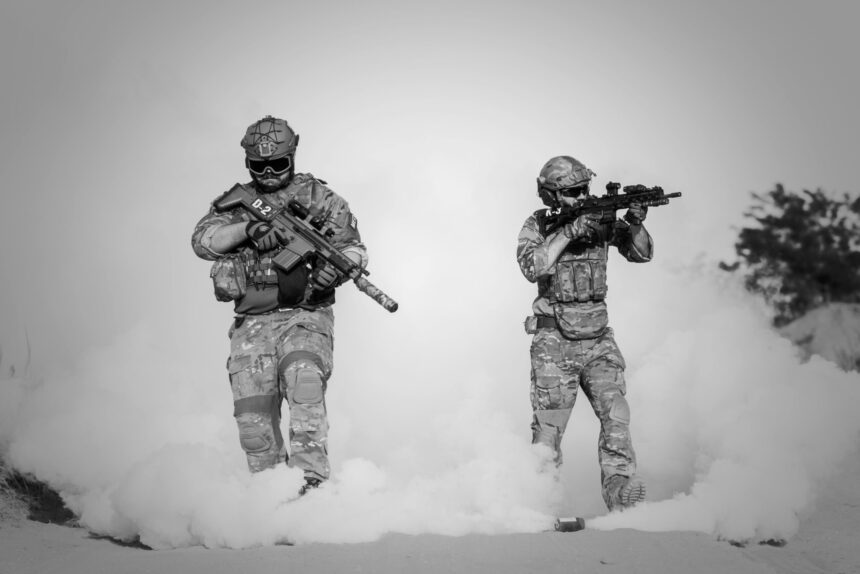The recent events surrounding Israel’s Operation Rising Lion have sparked discussions about the possibility of the US striking Iran. The operation, which involved a massive air campaign targeting strategic sites in Iran, has raised questions about the effectiveness and consequences of such a strike. While Israel was able to inflict significant damage on key nuclear facilities, including the Natanz Pilot Fuel Enrichment Plant, some important sites, like the Fordow facility, remained intact.
In response to Israel’s actions, Iran launched a barrage of ballistic missiles and drones towards Israeli territory, with limited success due to the Iron Dome and allied air defenses. President Trump, who had previously issued a 60-day deadline for Iran to curtail its nuclear activities, now faces a decision on whether to approve US military strikes. While he has reportedly approved military options in private, he has not yet taken public action, opting instead to support Israel through missile defense deployments and regional force posturing.
The potential consequences of a US strike on Iran’s nuclear facilities are significant. While destroying a site like Fordow could cripple Iran’s nuclear program, it also raises questions about the aftermath and the potential vacuum it would create. Some have suggested that figures like Reza Pahlavi, the Shah’s exiled son, could play a role in a potential transition to a Western-aligned government. However, the situation is complex, and the collapse of authoritarian regimes in the past has often led to instability and conflict.
Operation Rising Lion was not just a military strike but also a testament to Israel’s intelligence capabilities. The operation involved meticulous planning and coordination, with Mossad playing a key role in gathering information and carrying out covert operations. The use of advanced aircraft and precision-guided munitions demonstrated the evolution of modern warfare and the importance of intelligence in strategic operations.
Amidst these developments, China’s billion-dollar investment in Iran adds another layer of complexity to the situation. The China-Iran strategic partnership, aimed at boosting economic ties and securing resources, could be impacted by any significant changes in Iran’s political landscape. China’s interests in Iran could shape its response to any potential US strike and the aftermath of such an event.
As the US considers its next steps, it must prioritize strategy over showmanship. Any military action must be accompanied by a clear political roadmap and international support for post-strike governance. The potential consequences of a US strike on Iran go beyond the immediate military impact and could shape the geopolitical landscape in the region for years to come.
In conclusion, the decision on whether to strike Iran’s nuclear facilities is a pivotal moment that will have far-reaching implications. President Trump and US leaders must consider not only the military aspects of such a strike but also the political and strategic implications. Victory without vision is empty, and only by planning for the aftermath can any military action translate into a lasting legacy.








